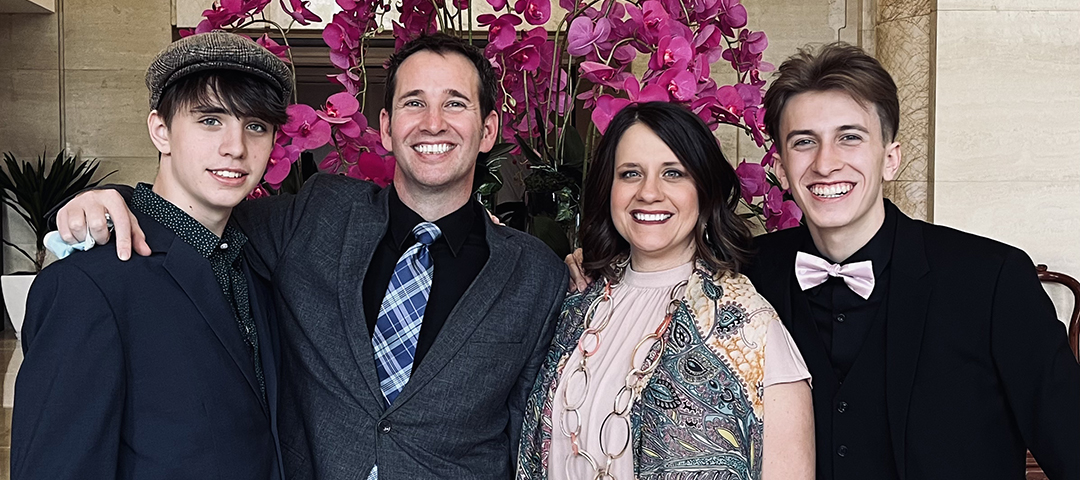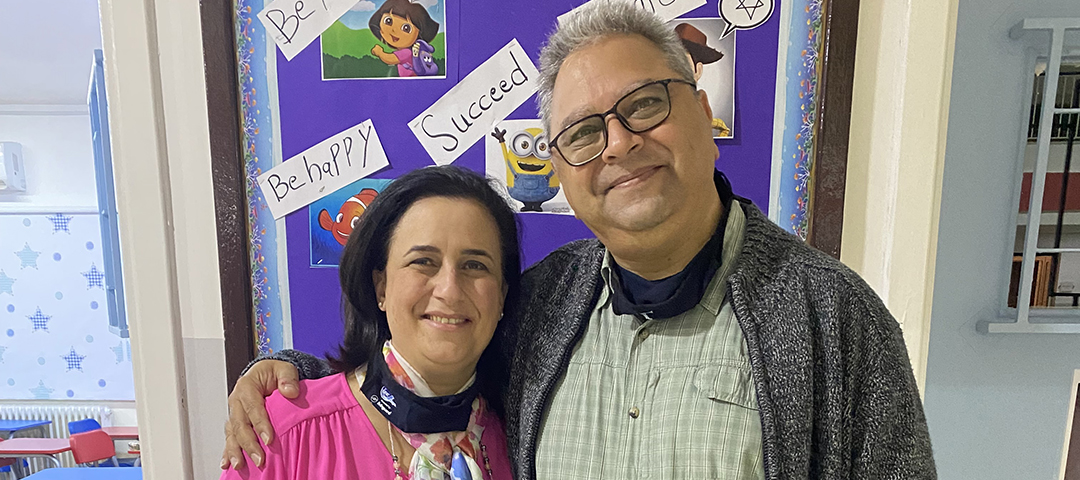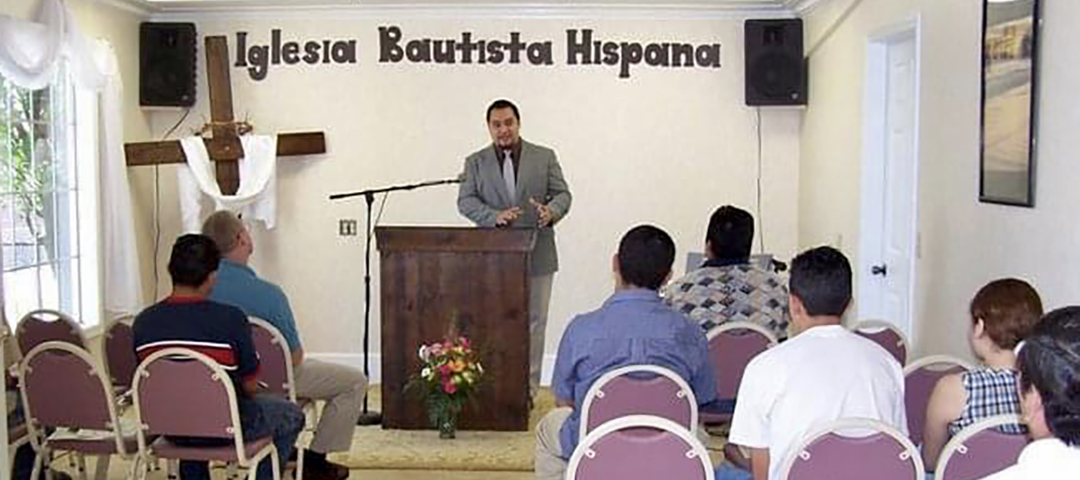
Discipleship isn’t easy, but it is always worth it
August 2, 2022
Disciple of Excellence
August 16, 2022By Elvis Garcia
In 2003, after having been married for only four months, Wendy and I left Guatemala. Today there are still wedding gifts packed in what used to be Wendy’s room in her parents’ house in Guatemala.
We officially arrived in Ripley, Mississippi, in September of that year. I started doing everything I could to attract people. We rented a place, put up a sign, got chairs. I created flyers and cards to put in Hispanic and local stores. I mailed out invitation letters. The opening day arrived and the number of people who arrived was . . . zero! I kept inviting but producing the same result for the following months.
This time was difficult. I questioned my call and wondered why I was in the United States away from my country instead of doing ministry in Guatemala where we had already left a planted church. This time led me to read the fundamental commands of Jesus, pray, and research traditional church growth in North America. I read statistics on how hundreds of churches close each year, how many pastors resign, and how materialism, post-modernism, and humanism have infiltrated the church in North America.
After a time of prayer and much discussion, I put aside the excuses and began to use the Bible as my church planting book and the words of the Great Commission in Matthew 28:19-20 as the steps to a process:
- Go. We began to go out, talk to people, and develop relationships. We had to go to people, because people were not going to come to me.
- Make disciples. We realized the need for a simple, biblical and transferable process.
- Baptize them. We introduced people to membership in our church and began to seek each member’s place in the congregation.
- Teach them to keep all the things that Jesus has commanded. We continued with training and leadership development.
Acts 1:8 instructs us to be Jesus’ witnesses in “Jerusalem, Judea, Samaria, and to the ends of the earth.” We started talking to each resident around the church and continued to spread out in concentric circles. We continued this practice during the years we were in Ripley; we made maps of neighborhoods, and twice we knocked on doors or visited every Hispanic home in the entire city.
When we met someone, we explained our process, and people were very pleased to know that we had a defined plan; however, it was weak. I knew some methods of discipleship that we used in Guatemala, but they did not offer a complete process, and I did not want to leave people halfway. I wanted something that would take a person from being a sympathizer to a new believer, to a disciple, to a member, and finally to a leader and servant in the church.
If we analyze the discipleship ministry of Jesus, we see he called his disciples, trained them, and sent them out. Paul followed a similar pattern. If we were going to develop a movement, we needed a whole process of development within the local church.
In our church, after people accepted Christ, we made sure that they were properly discipled and that they learned, among other things, that they should also disciple others and that their main purpose is to become servants of God . . . but everyone? Should all members of the church learn to serve and get involved in the ministry and be useful for the kingdom? Yes! It is clear God wants all of his children to serve him. Ephesians 4 tells us that he instituted different gifts to equip the saints for the work of the ministry for the edification of the body of Christ. This is impossible to accomplish only sitting in a weekly service; discipleship is relational.
It was only a matter of time before we began to see multiplication at higher levels. God led us to purchase a 22,000 square foot warehouse and six acres of land, but before purchasing the building, every Sunday for many months we had to put extra chairs as the leaders were bringing people to Sunday service. They were welcomed, cared for, and discipled by each of our eleven home groups in three different cities. We met with about twenty group leaders each week; this was an electrifying meeting and full of testimonies, prayers, and thanksgiving for what God was doing in each group. These were ordinary members trained with practical skills to do ministry.
In 2012, we reported that 380 people were presented with the gospel, 43 people were discipled, and 22 people were baptized during that year – all this through the work of the members of the church. The vision of the church was and is currently “every believer a disciple, every disciple a leader, and every house a small group.”
Several church leaders began to express desires to branch out and plant new churches in different areas. “Pastor, I can’t wait any longer! I need to go out and start a church.”
The first brother that left was our worship leader, Humberto Regalado, who moved with his family to Tupelo, Mississippi, without any economic support but only with the desire to serve Jesus and make disciples.
He was followed by Erlin Pech, who left for Oxford, Mississippi, and was later joined by his friend Luis Huchin, who is the current pastor in Oxford. A few years later Erlin moved to Campeche, Mexico, where he is making disciples and being used greatly by God and is about to become a ChangeMaker for our association.
Daniel Polanco also told me, “I have been praying for a year, and I can no longer resist God’s call.” In the end he settled in at Calvary Baptist Church in Horn Lake where he is doing an incredible job.In conclusion, we were able to experience what happens when biblical principles are put into practice – they produce results. We didn’t have good music, we didn’t have our own building, we moved locations four times, and we only had what was truly necessary: the Bible, discipleship, and training. And in the end, not only did we send missionaries to the largest cities in northern Mississippi, but we also supported the training and development of missionaries in the southern part of the state; and we supported the founding of Hispanic Baptist Missionary Association.

